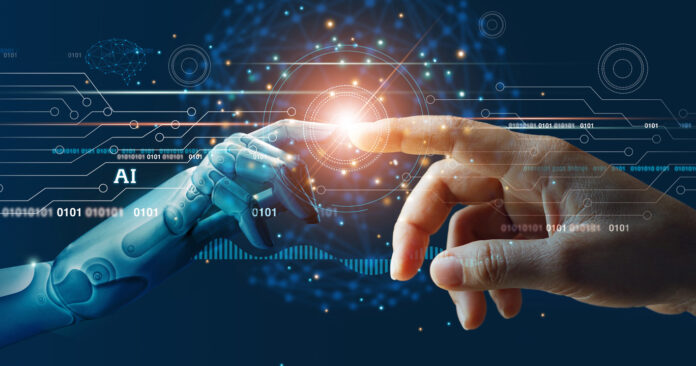Artificial intelligence (AI) is at the forefront of technological evolution, driving innovation, market growth, and job creation. However, as highlighted by the World Economic Forum’s (WEF) recent Future of Jobs Report 2025 and Global Risks Report 2025, this transformative power also comes with significant risks. By 2030, half of employers plan to reorient their businesses around AI, and two-thirds aim to hire AI-specific talent, but the rapid integration of AI is reshaping the workforce and amplifying societal vulnerabilities.
Transforming the Job Market
The WEF projects significant shifts in the skills landscape between 2025 and 2030. AI and big data are set to dominate the fastest-growing technical capabilities, with cybersecurity, networks, and technological literacy following closely. Roles such as AI/ML Specialists, Big Data Analysts, and Fintech Engineers are expected to thrive. However, automation threatens jobs involving repetitive, manual tasks, with 40% of employers foreseeing workforce reductions in these areas.
This duality—job creation alongside job displacement—highlights the winners and losers in the labor market. As businesses increasingly rely on AI to optimize operations, the need for upskilling and reskilling workers has never been more urgent.
The Rising Digital Risks
While the economic potential of AI is immense, the WEF’s Global Risks Report 2025 paints a stark picture of the challenges ahead. Digital and information threats are now among the leading global concerns, with risks such as misinformation, cyber espionage, and AI misuse climbing sharply on the 10-year risk horizon.
Generative AI, capable of creating vast amounts of false or misleading content, has exacerbated the spread of misinformation. Combined with a fragmented media landscape and human error, detecting and combating misinformation becomes increasingly difficult. Worryingly, roles focused on countering these challenges—such as experts in information integrity and governance—are notably absent from job growth projections, further compounding the issue.
This disconnect creates a feedback loop where technological advancement drives economic growth but also intensifies societal polarization, illicit activities, and geopolitical tensions. The WEF warns that while technical capability is advancing rapidly, protective frameworks, such as digital governance and ethical safeguards, are lagging behind.
The Path Forward: Adaptive Strategies
To navigate these challenges, the WEF recommends a three-pronged approach:
- Upskilling for Ethical AI Use: Equip workers with skills to build and use AI responsibly, including debiasing strategies and ethical training.
- Strengthening Digital Literacy: Invest in public education to combat misinformation, reduce polarization, and empower individuals to navigate the digital era effectively.
- Accountability Mechanisms: Establish human oversight through supervisory boards and AI councils to ensure transparency and accountability in AI use.
These measures are supported by data from the WEF’s survey, which reveals that misinformation (85%) and societal polarization (82%) are risks that respondents believe can best be addressed through education and awareness.
Strategic Considerations
The rapid pace of AI innovation prompts critical questions: Are we overprioritizing technological progress while underinvesting in safeguards? Should societal protection receive as much focus as technical advancement? And how do we redefine success to include those solving technology-induced challenges?
As biologist Edward E. Wilson noted, “We have Paleolithic emotions, medieval institutions, and godlike technology.” The challenge lies in bridging these gaps while maintaining progress. AI offers immense promise, but without robust education, governance, and ethical oversight, the risks may outweigh the benefits. The path forward requires balancing innovation with responsibility, ensuring that AI serves humanity rather than dividing it.




